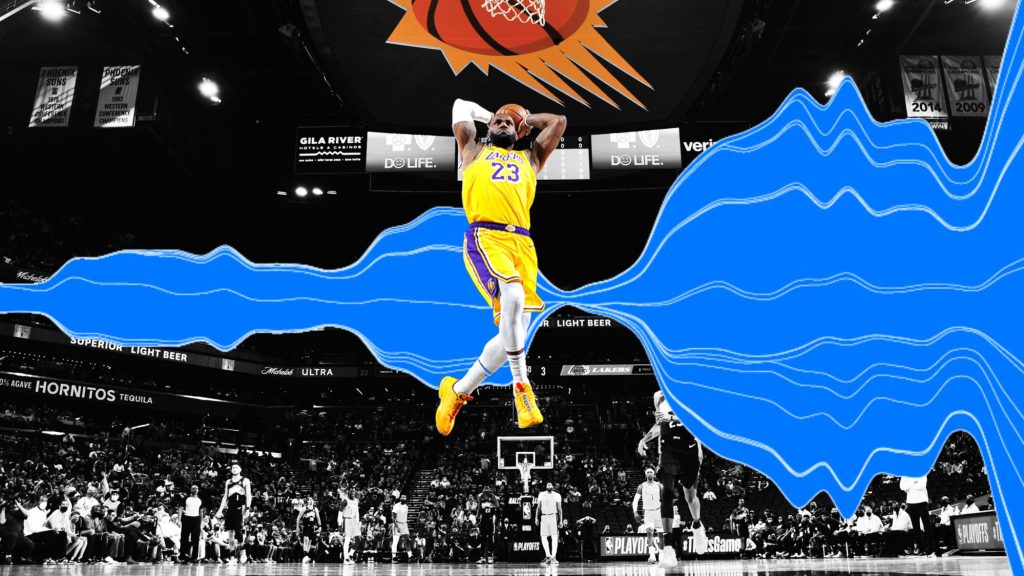Probability theory in sports betting
Sports betting is inherently a risky activity as the outcome of sporting events cannot be predicted with absolute certainty. For this reason, it is important for sports bettors to understand probability theory in order to make informed decisions about their bets.
Probability theory is the study of how likely certain events are and can help us better understand the risks and rewards associated with different types of bets.

How to calculate coefficients?
Gambling betting is a great way to use probability theory. The most common form of probability betting is betting on the outcome of a single event, such as a roll of dice or the spin of a roulette wheel. Knowing the odds of winning and losing, players can calculate their potential win or loss before placing a bet.
Odds are calculated by determining the probability of winning or losing an event. Probability is the probability that something will happen, expressed as a fraction or percentage. To calculate the odds, first determine the probability of success and then subtract that sum from one. For example, if the probability of winning is 75%, then the odds of winning will be calculated by subtracting 0.75 (75%) from one, which gives you 0.25 (25%). This means that the probability of losing is 25%.
To calculate how much money a player can win or lose in a given event, multiply the bet amount by the odds of success or failure. For example, if a player wagered $10 on an event with a 25% chance of losing, the potential win would be calculated by multiplying $10 and 0.25 (25%), resulting in a total of $2.50 in potential win or loss.
Benefits of Using Probability Theory
Probability theory is becoming an increasingly popular tool for sports bettors as predictions made using probability theory are often more accurate than predictions made using intuition or guesswork. Probability theory can be applied to various aspects of sports betting, from predicting the outcome of a single game to building an entire betting portfolio.
By using probability theory, bettors can better understand the game, determine the probabilities associated with certain outcomes, and make more informed betting decisions.
For example, probability theory can be used to calculate the likelihood of a particular team winning or losing based on various factors such as form, home advantage, injuries, and weather conditions. Probability betting also allows you to make more informed decisions on various topics, such as the best time to bet and how much to bet on each game.
By taking all possible outcomes into account, probability theory can greatly improve the accuracy of sports predictions and give bettors an edge when it comes to winning bets.

Examples of Successful Players Applying Probability Theory
Successful sports bettors have used odds to their advantage to consistently earn money. Professional gambler William Benter is one of the most famous examples, having developed a computer program that used odds to make successful bets.
Another example is professional poker player Phil Ivey, who used his understanding of probabilities and game theory to become an incredibly successful sports bettor.
Professional sports bettors Dave Oancha and Billy Walters are also well known for using probabilistic strategies to generate consistent profits.
As these examples show, probability can be a powerful tool for profitable sports betting. With the right understanding and application of mathematics, anyone can use probability to gain a betting edge.
By analyzing the likelihood of certain outcomes and maintaining discipline in their betting strategies, successful sports bettors can earn consistent profits over time. It is important to remember that there are risks when placing any kind of bet, but by understanding and managing these risks based on mathematical principles, anyone can be rewarded from winning bets.
